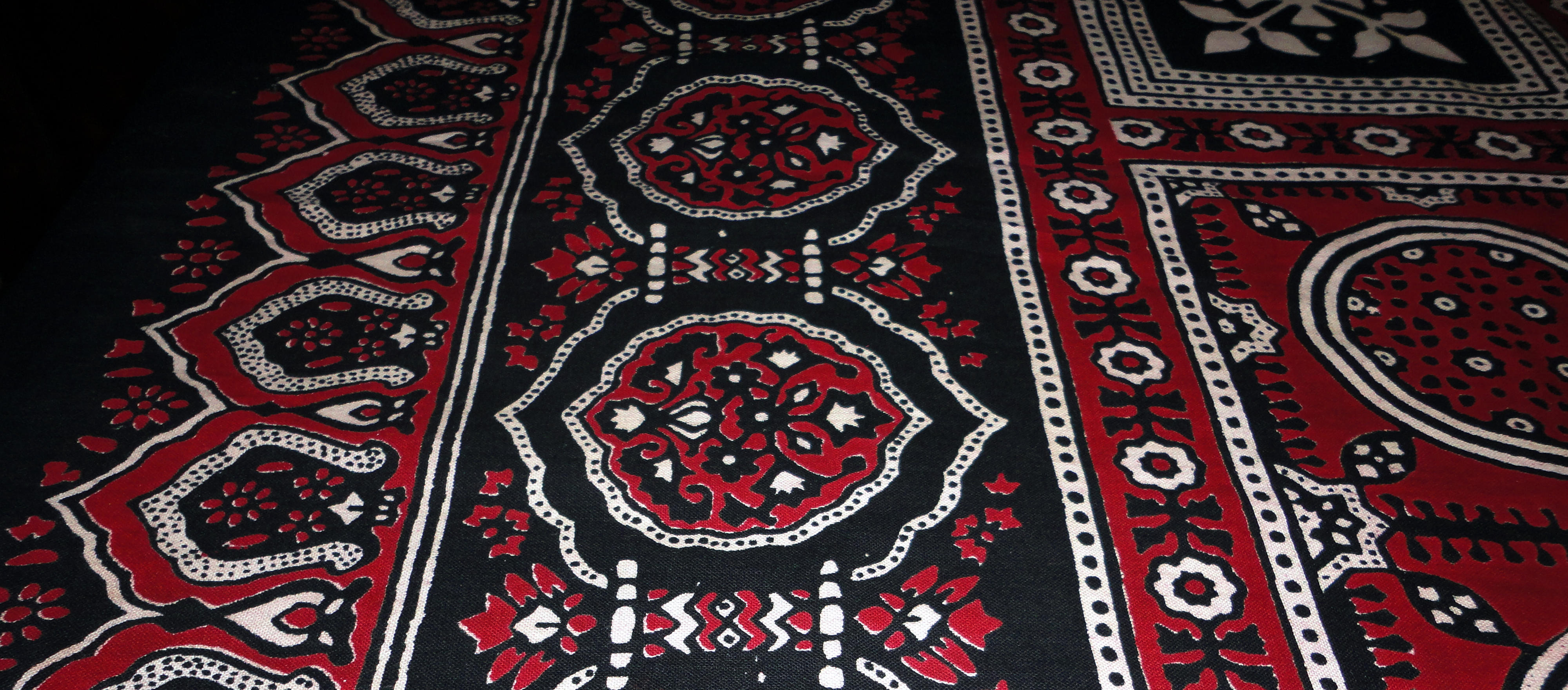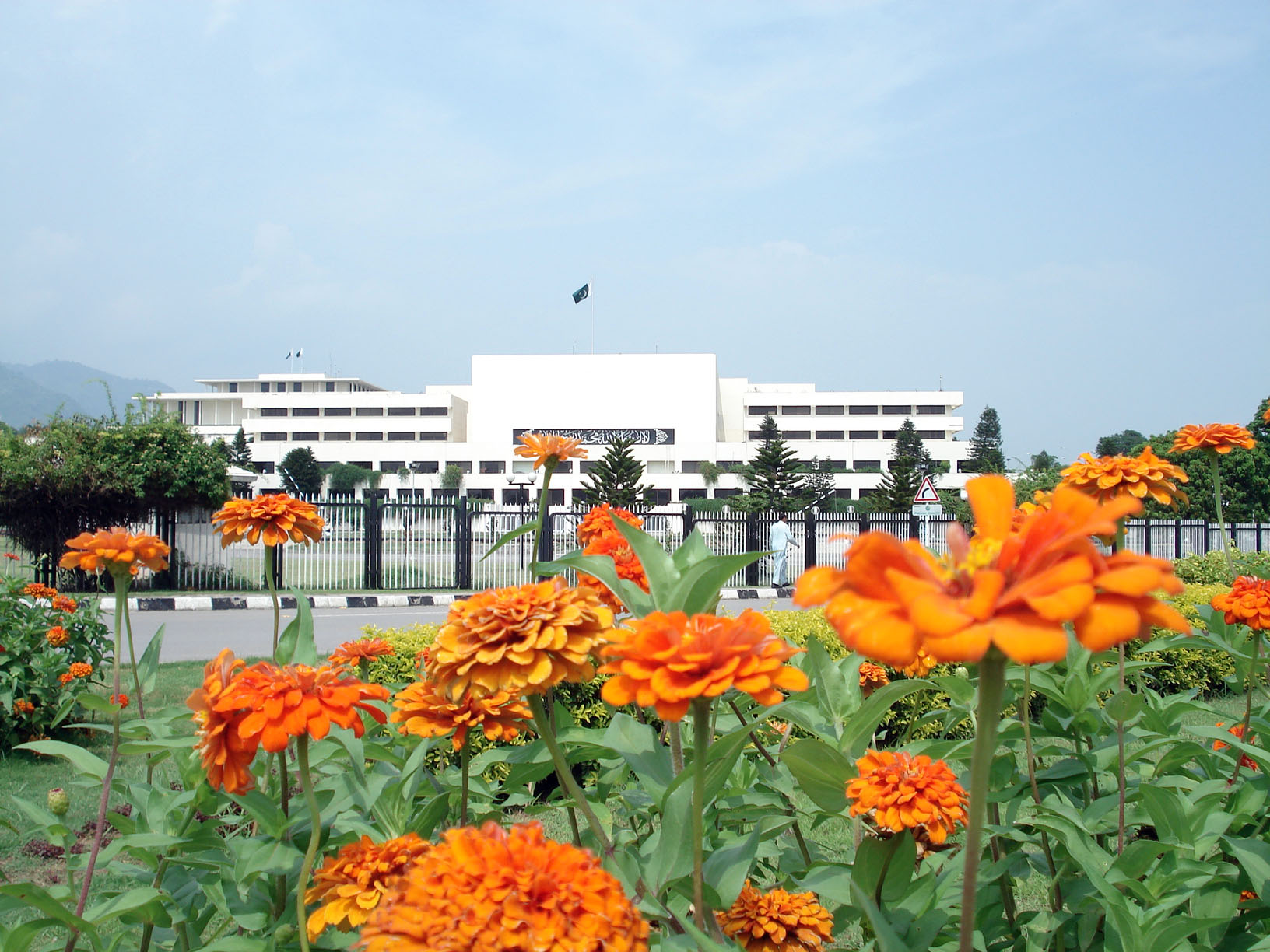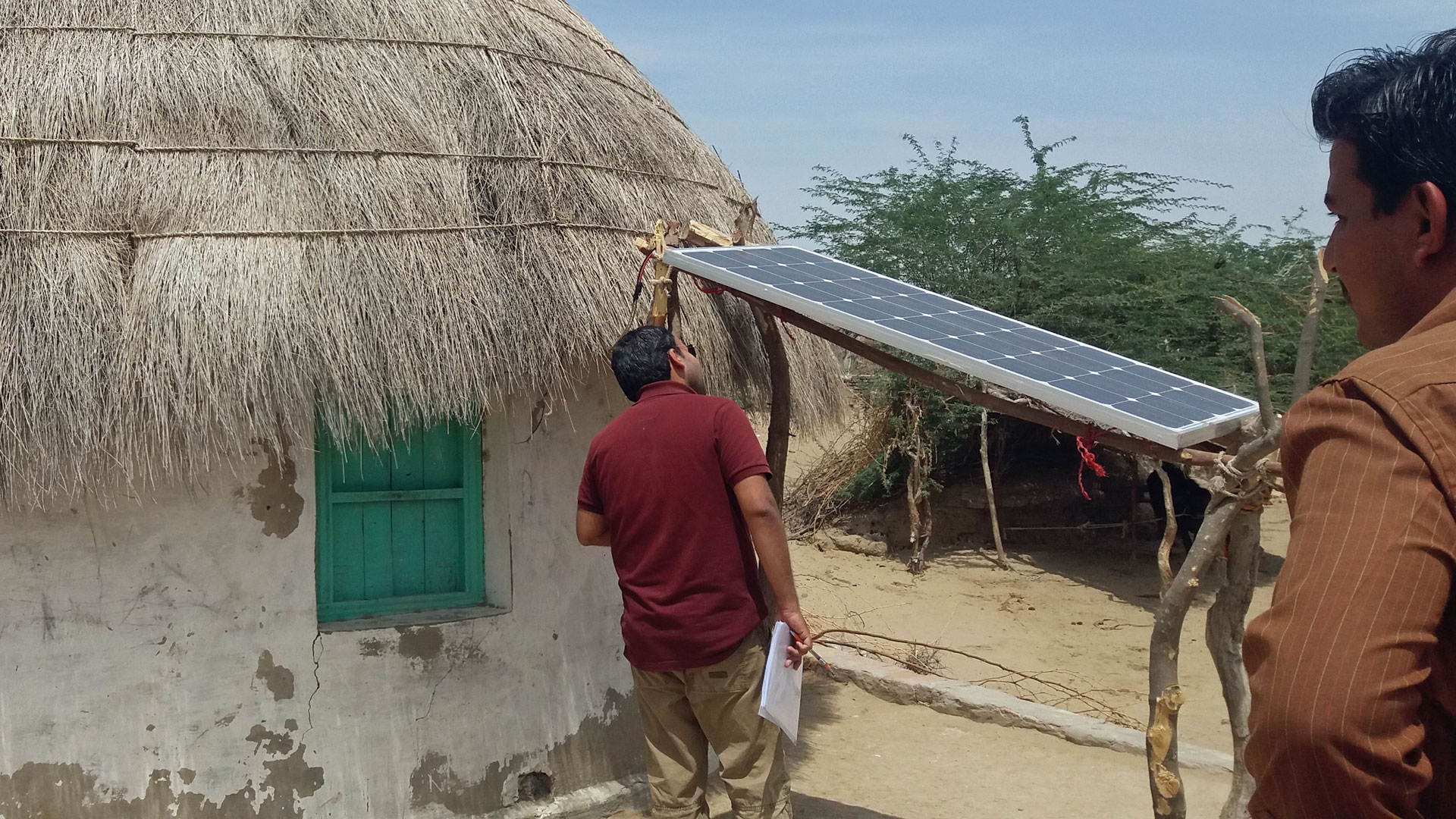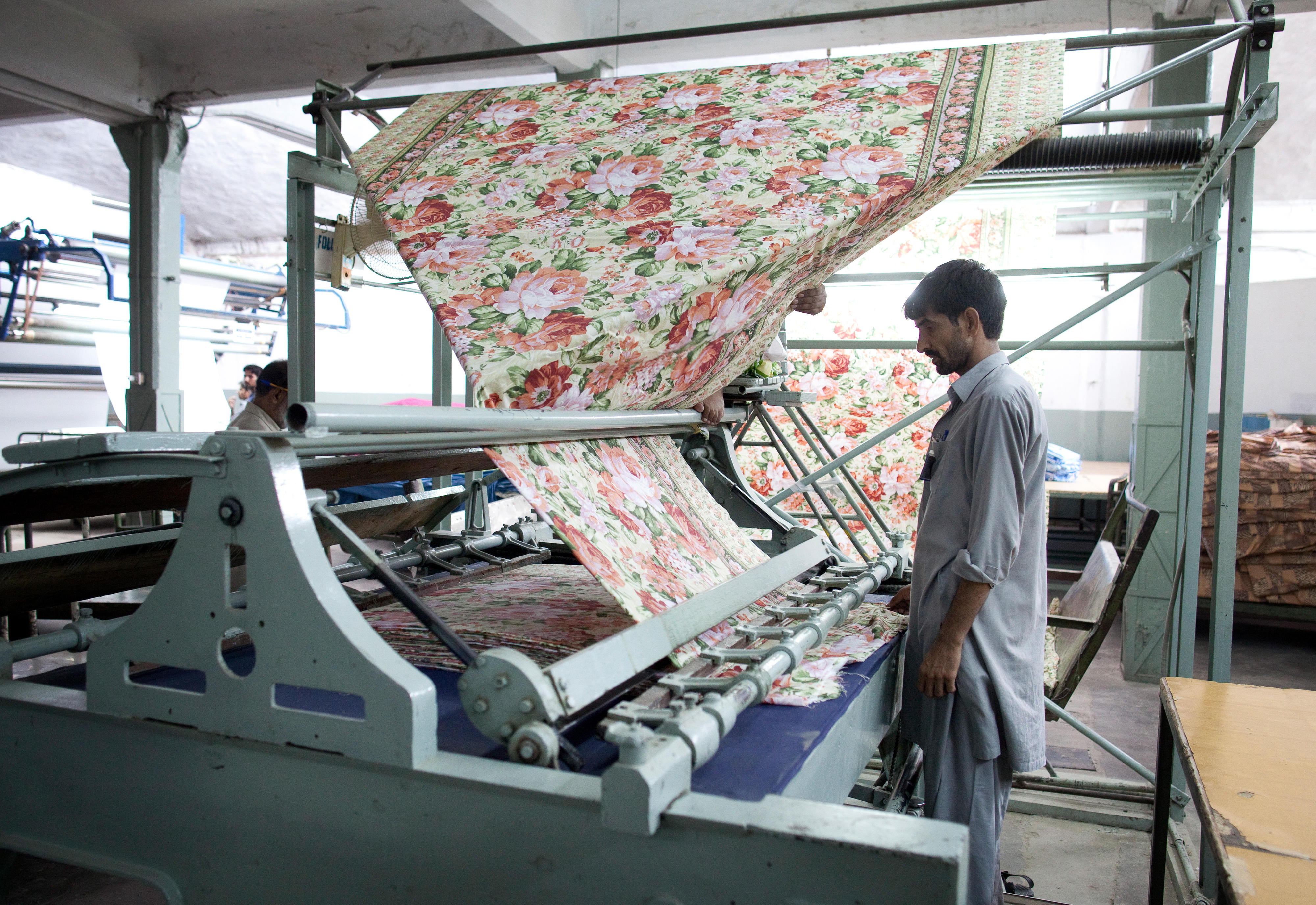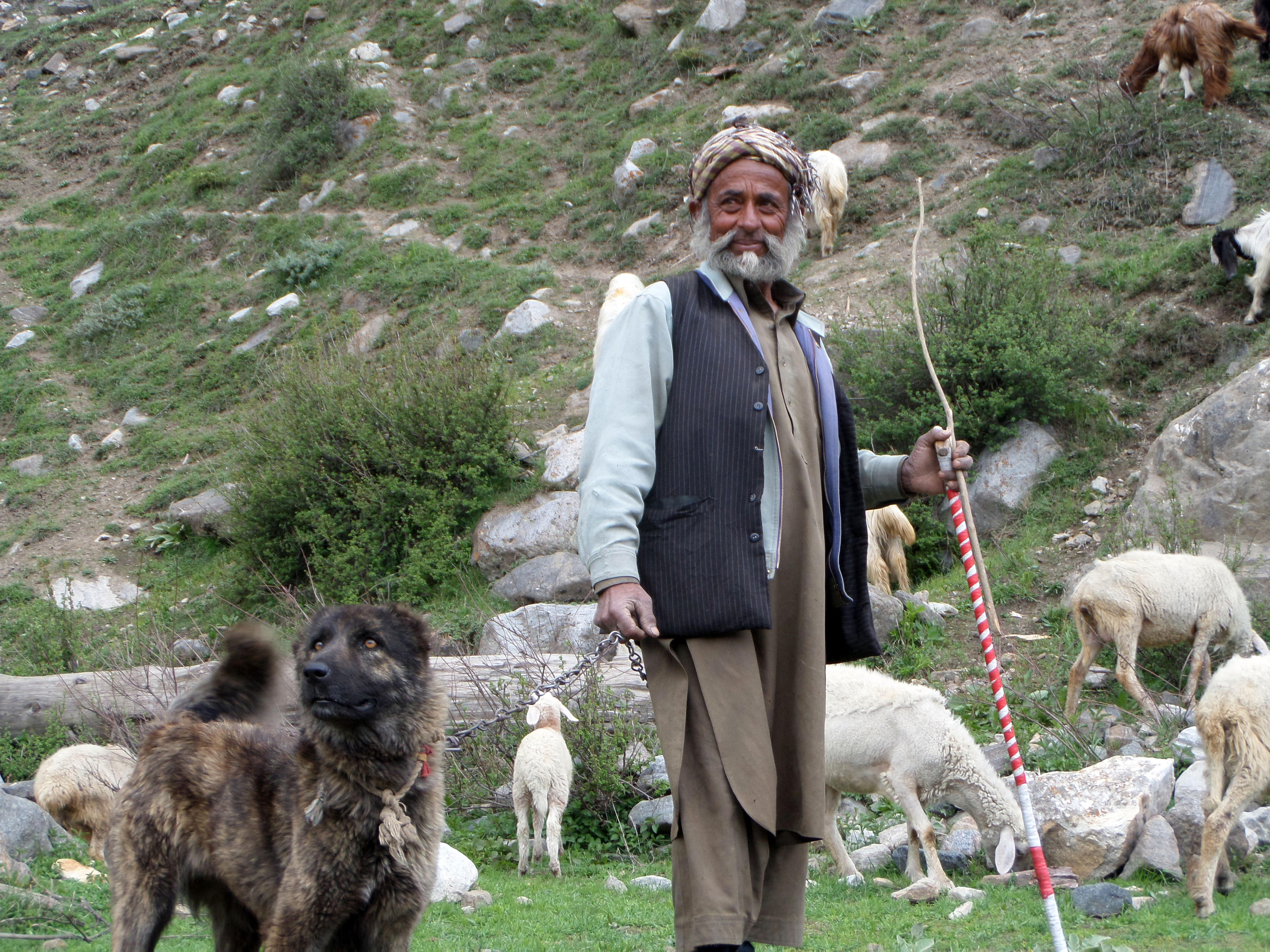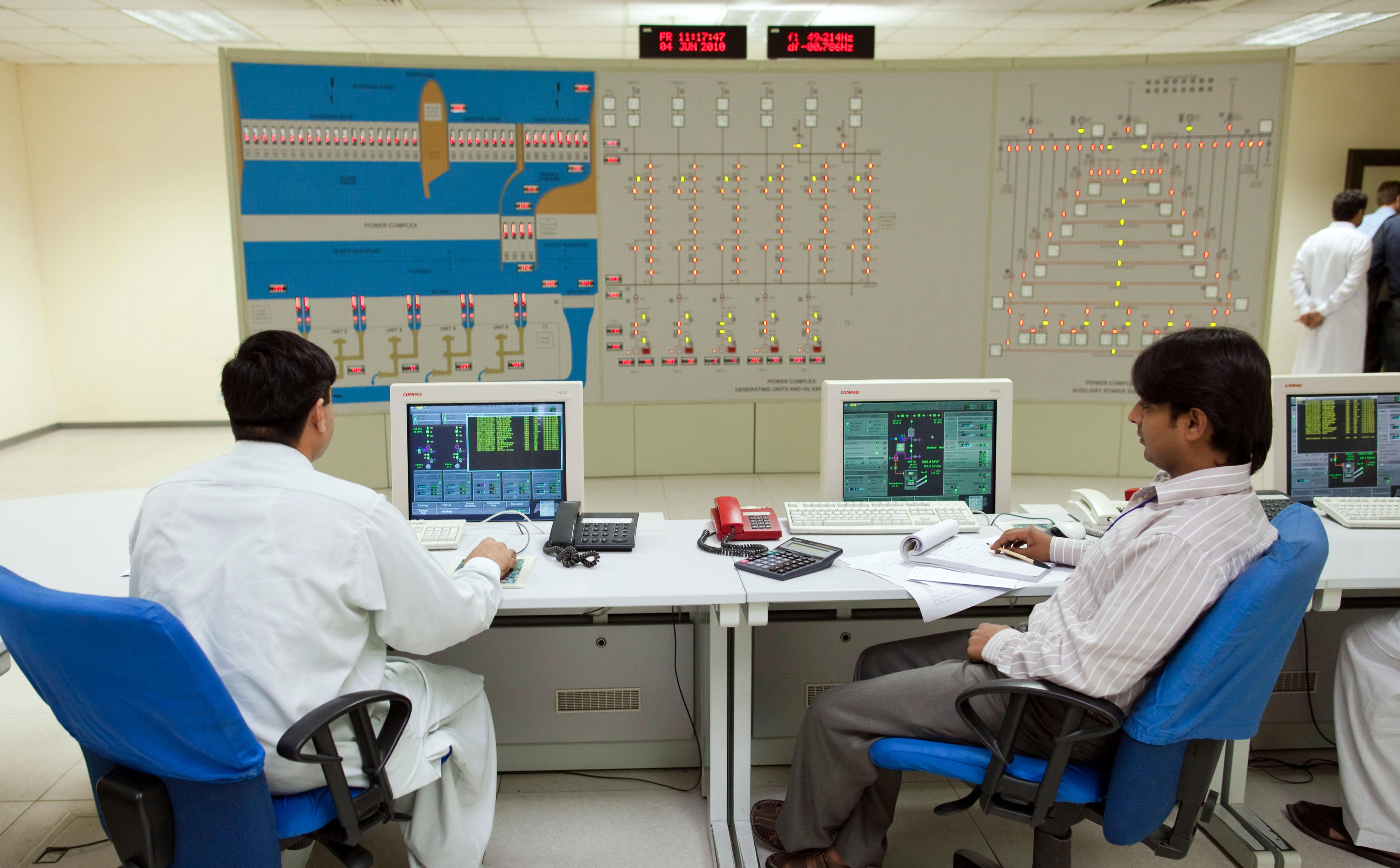Traditional scarf with ajrak ornament. Ajrak is a special form of block printing in Pakistan.
Copyright© Abdul Hakeem Memon, via flickr, CC BY 2.0
Pakistan
In terms of population, Pakistan – with over 240 million people – is the fifth-biggest country in the world (after India, China, the US and Indonesia). A high level of population growth (nearly two per cent per year), weaknesses in the field of public administration, the current economic and financial crisis, deficits with regard to the protection of human rights, and high vulnerability to the impacts of climate change are posing great challenges for Pakistan.
On the current Human Development Index (HDI), Pakistan ranks 168th out of the 193 countries listed.
Flood disasters
In mid-2022, exceptionally heavy monsoon rain caused devastating floods in Pakistan. For some time, one third of the country's area was flooded. The disaster affected 33 million people. There was heavy damage to infrastructure. Harvests and livestock were lost. The flood disaster led to a food crisis. According to United Nations figures, over ten million people were experiencing acute food insecurity in June 2023. A total of over 20 million people were in need of humanitarian assistance.
The German government provided nearly 100 million euros to help the country to address the social impacts of the disaster and to rebuild. About 67 million euros of this amount came from the budget of the Federal Ministry for Economic Cooperation and Development (BMZ). An international donor conference in January 2023 generated pledges totalling about ten billion euros.
Pakistan again saw extreme weather events in 2023 and 2024. In April 2024, at least 124 people – most of them children– were killed by heavy rainfall that affected mostly Khyber Pakhtunkhwa Province.
Situation of Afghan refugees
Pakistan and Iran are hosting the largest numbers of refugees from Afghanistan worldwide. Over two million people from the neighbouring country have been registered officially in Pakistan. It is estimated that another one to two million unregistered refugees are present in the country. Most refugees are living outside refugee camps in urban or semi-urban areas, especially in the Provinces of Khyber Pakhtunkhwa and Balochistan. The government is facing growing challenges as a result of their presence. In 2023, it announced that it would gradually start repatriating Afghan nationals. After that, over 600,000 people returned to Afghanistan. Following an in-depth dialogue with the international community, the repatriation plan was suspended. Pakistan continues to require international assistance in order to provide services for the refugees.
German development cooperation with Pakistan
Germany and Pakistan have engaged in development cooperation since 1961, the year that the BMZ was founded. Their cooperation is geared towards supporting Pakistan's efforts to achieve sustainable development. It focuses on the following core areas:
- Climate and energy, just transition
- Sustainable economic development, training and employment
- Health, social protection and population dynamics
In addition, the BMZ is assisting Pakistan in improving services for Afghan refugees and developing municipal infrastructure. Where possible, account is taken of women as a key target group in all projects, and special support is provided to their active participation.
At the government negotiations in May 2023, the BMZ committed 163.3 million euros in new funding to Pakistan. This comprises 108.5 million euros in Financial Cooperation funding and 54.8 million euros in Technical Cooperation funding.
SDG trends for Pakistan
- On track or maintaining SDG achievement
- Moderately improving
- Stagnating
- Decreasing
- Trend information unavailable
